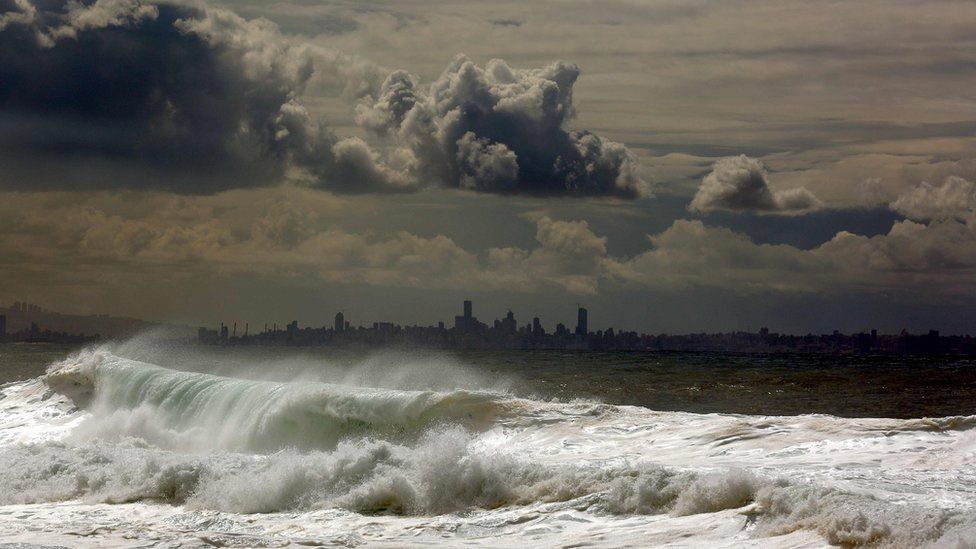Saudi Arabia and Gulf allies warn against Lebanon travel
- Published

Saudi Arabia, Bahrain and the United Arab Emirates have told their citizens not to travel to Lebanon.
The Saudi and Bahraini foreign ministries urged people to leave quickly for their own safety.
But the UAE issued a "complete ban" on travel to Lebanon, and said it would pull out most diplomats from Beirut.
Last week, Saudi Arabia halted a $3bn (£2bn) military aid package after the Lebanese government failed to condemn attacks on the Saudi embassy in Iran.
A Saudi official said the Sunni-ruled kingdom had noted the "confiscation of the will" of the Lebanese state by the Iran-backed Shia Hezbollah movement.
The Saudi embassy in Tehran and the consulate in Mashhad were stormed by protesters in January after the Saudi authorities executed a prominent Shia cleric.
Hezbollah said Saudi Arabia stopped the aid because of economic pressures it faced as a result of the conflict in Yemen, where it is leading a coalition fighting the rebel Shia Houthi movement, and lower oil revenues.
Lebanese Sunni politician Saad al-Hariri meanwhile urged Saudi King Salman "not to abandon Lebanon and to continue to support and embrace it", vowing that the country would "not be a protectorate for Iranian policies in the region".
The Saudi, Bahraini and UAE foreign ministries on Tuesday gave no reasons for the warnings against travel to Lebanon other than safety concerns.
But Bahrain and the UAE, both Sunni-ruled nations, have backed Saudi Arabia in its dispute with Iran. Bahrain followed Saudi Arabia in cutting diplomatic ties, while the UAE downgraded its representation.
- Published19 February 2016
- Published10 January 2016